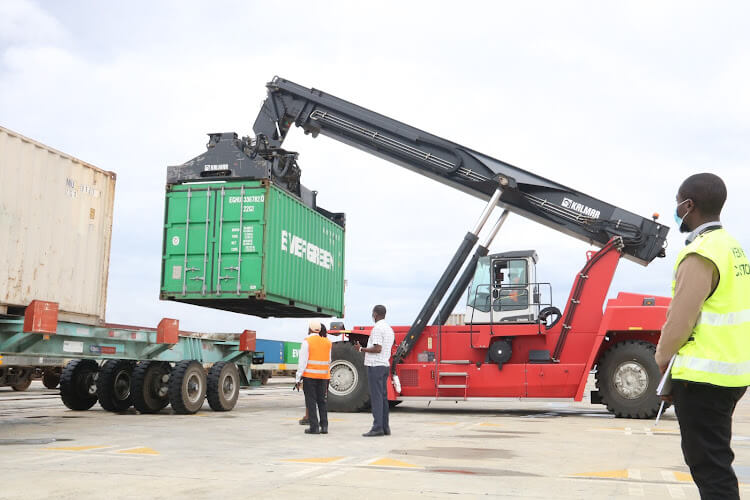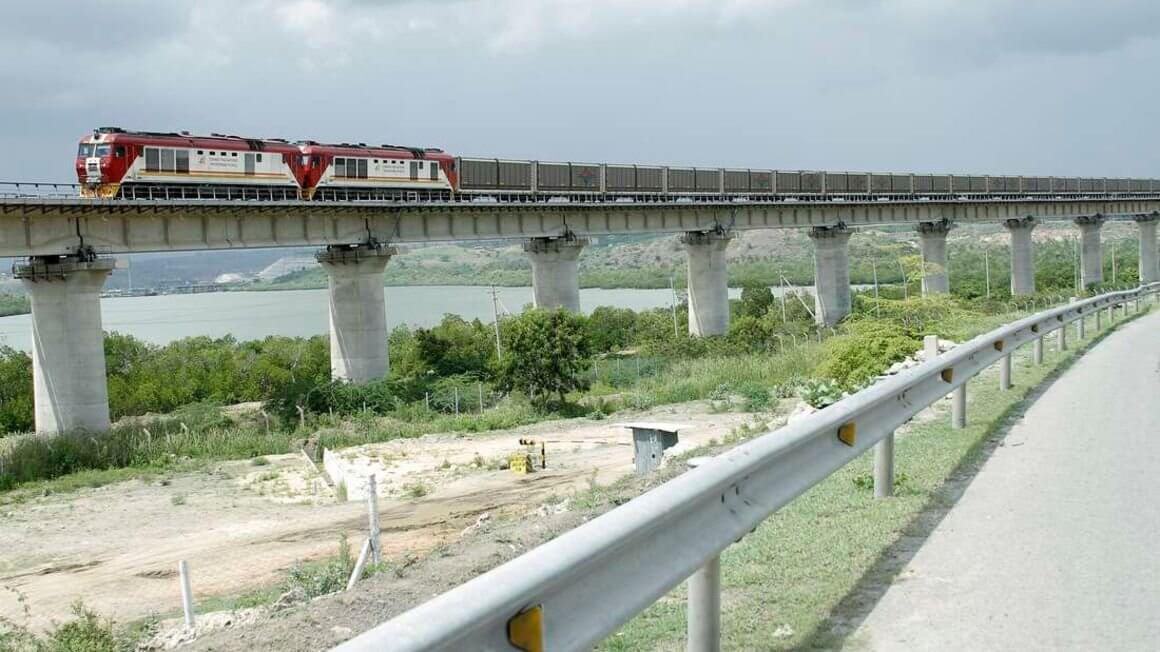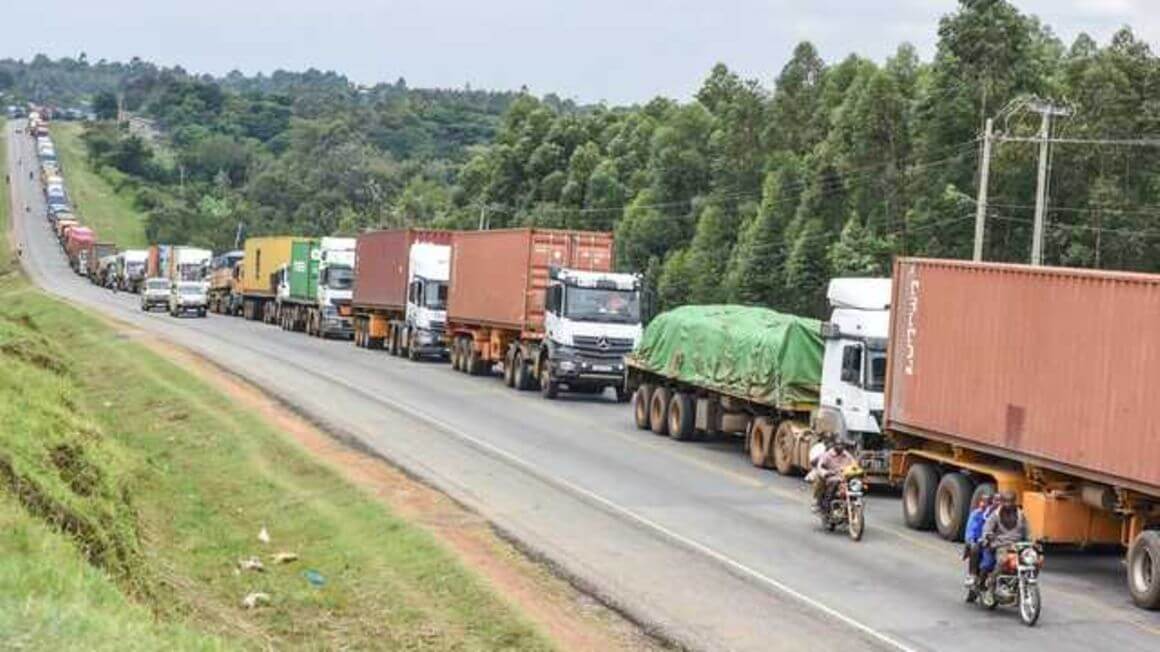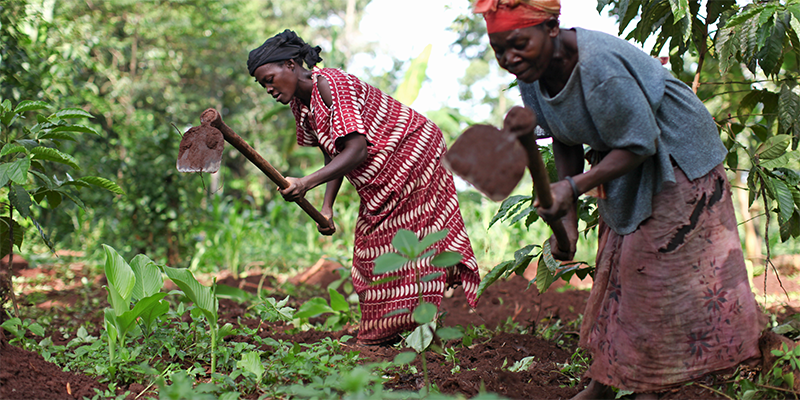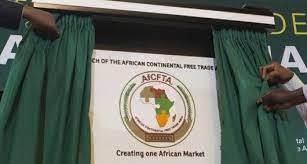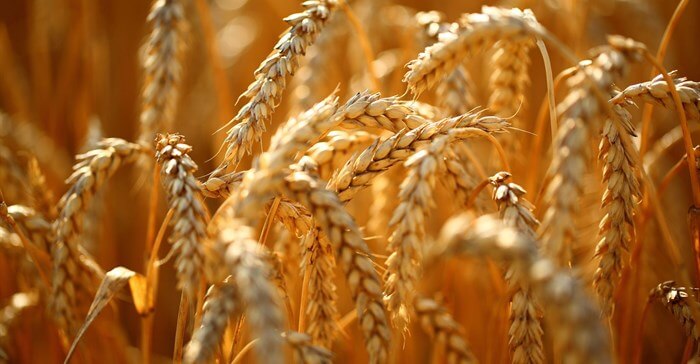In Summary KRA reported that it had raised over 1 trillion shillings in the first seven months. This is 28.8 per cent above the revenue collected by KRA within the same 7-month period in the last financial year. Last month, the Kenya Revenue Authority (KRA) reported that it had raised over 1 trillion shillings in the first seven months of the 2021/2022 Financial year. The results showed that KRA is continuing with its impressive post-COVID recovery strategy as it remains on course towards surpassing its revenue target for the Financial year with five months to go. This is 28.8 per cent above the revenue collected by KRA within the same 7-month period in the last financial year. The January revenue alone increased by 28.3 per cent from 142.8 billion shillings compared to 111.3 billion shillings in the same period last financial year. This is an indication that this year’s revenue could increase at a higher rate in a very long time. One of the areas of its operations credited with the improved revenue collection is the use of enhanced technology in Customs operations, especially cargo scanning. This has strengthened multi-agency collaborations to deter smuggling at the border points leading not only to improved revenue collection but also tighter border security. KRA, working alongside other border agencies including the Immigration Department, Port Health Services, Border Police Patrol Unit, Kenya Bureau of Standards and Kenya Plant Health Inspectorate Service, now boast of better inter-agency collaborations. They also enjoy seamless operations, faster clearance...
MAKODINGO: Cargo scanners enhance multi-agency operations
Posted on: March 14, 2022
Posted on: March 14, 2022

